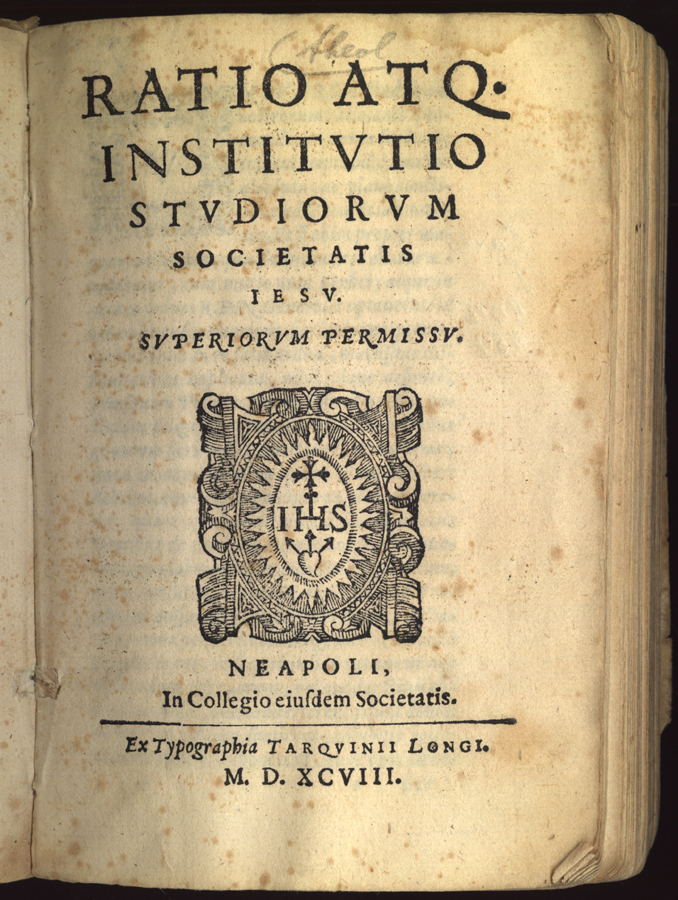Years ago, the woman who stood up in my wedding as matron of honor told me to “transcend difficulties”. I had to do this, as circumstances forced me to do so. This great lady was almost my mother’s age, but a good friend of mine. She had been raised in India, in the Raj. Her father died early. Then, she and her mother came back to London to live. She had to leave her mom and live on a farm, as she was young enough to be sent out of harm’s way during the Blitz of London. Later, she married a wonderful man, but only had two children.
She and her husband took care of her mother until that old woman died. Her mother never learned to cook, or sew, or clean, as when she grew up, she had seventeen servants and lived in the luxury of the English in India. My friend had to pay for all her mother’s many needs. As a person with many hardships to bear, my friend knew how to “transcend” trials. She was “self-possessed”; that is, she had control over her emotions, mind, soul. She was a peaceful woman. Another friend of mine is the same way. She is in her nineties and had an extremely hard life, living with a husband who was ill all their married life. She, too, was and is, “self-possessed”, able to transcend all types of difficulties.
This type of transcendence and self-control only comes with humility and prayer. There is a reality about people who live transcendently. Garrigou-Lagrange writes that we must become closer to God daily in simplicity of heart, “…without which there can be no contemplation of God and no true love.”
What does he mean by this? The death of the ego is the beginning of this emptying of the heart. Egotism must go, must, as I have written many times on this blog.
If we are “too full of ourselves”, there is no room for God. We must not desire attention, or fame, or status, or riches. We must find contentment in what is given to us. We must transcend the trials put on our paths. We need to meditate, and then, to contemplate.
Contemplation is not meditation, again, as I have noted on this blog. Contemplation, whether active, or passive, demands focusing on God Himself, and not on ourselves.
Do we think of ourselves and our problem before Christ in Adoration, or do we immerse ourselves in Him? Do we come with the proverbial laundry list of prayers, or do we just, like Mary of Bethany, sit in His Presence?
Purity of heart, mind, and soul comes with a combination of prayer and sheer gift. Some great saints have these gifts early. Most of us must walk the road of travail and suffering to get to such purity. We must choose mortification, however, as the given trials may not be enough.
We may not become great saints, few of us will be Padre Pios or Mother Teresas. However, all of us are called to be saints and that means we are all called to purification and perfection.
It is rather ironic that I always think and sometimes write that “this is my last post on perfection” but I can now see that as I learn and grow, taking the long road through suffering and dying to self. May God be patient with me. Let me return to Mother Teresa of Calcutta.
My favorite photo of Mother Teresa is not one of her with her beloved dying, or with St. John Paul II, but one of her alone in prayer. Like all saints, like Christ, she needed to be alone with God. Sister Agnes, her helper, said once,“Every day we have Mass, half an hour of meditation, morning prayer, afternoon prayer, and in the evening we have a full hour of Adoration. It would not be possible to work otherwise. There must be a spiritual motive. You can work only for God. You can never work for any man.”
Mother Teresa said, “That is why we begin and end the day with prayer, because, when we pray, we are touching the body of Christ. You people in the world might not have the time or leisure to pray. It is a beautiful gift of God for us to have that amount of time.”
We must make time. We must.
Mother Teresa also said, “I am not afraid to say I am in love with Jesus because He is everything to me.”
For all Catholics, our work should be for Jesus, and He can be All in All.
Here is the voice of a simple heart. Mother Teresa states that chastity is “undivided love”, that poverty is “freedom”, that total surrender is “obedience”.
“If I belong to God, if I belong to Christ, then He must be able to use me. That is obedience. ….If you really belong to the work that has been entrusted to you, then you must do it with your whole heart. And you can bring salvation only by being honest and by really working with God. It is not how much we are doing, but how much love, how much honesty, how much faith, is put into doing it. It makes no difference what we are doing. What you are doing, I cannot do, and what I am doing, you cannot do. But all of us are doing what God have given us to do. ….”
And, I love Mother Teresa for saying this-as I have experienced the disrespect which comes to the poor, even from priests, sadly.
“The poor are not respected. People do not think that the poor can be treated as people who are lovable, as people like you and I. You know, the young are beginning to understand. They want to serve with their hands. And to love with their hearts. To the full, not superficially.”
I believe this as I believe that in the remnant will be many young people who have sought and found love.
And, Mother Teresa’s comment about doing the work God has called us to do is also a call to humility. Sometimes people want desperately to do something big for God. But, sometimes, we are called to do something small for God.
I blog. I pray. I do dishes, clean, do laundry, make coffee, take walks. Nothing grand in all of this… but more than that, I love. I am learning daily to live in love, to choose love, to walk, clean, make coffee in love. I blog in love, as that is what God wants me to do right now.
There is nothing to do but to love.
Some of us learn this by loving and being loved by another. Some of us learn this directly from Jesus, the Bridegroom. Either way, love hurts.
“True love hurts. It always has to hurt. It must be painful to love someone, painful to leave them, you might have to die for them. ….A young American couple told me once, ‘You know a lot about love; you must be married.’ And I said, Yes, but sometimes I find it difficult to smile at Him.”


























